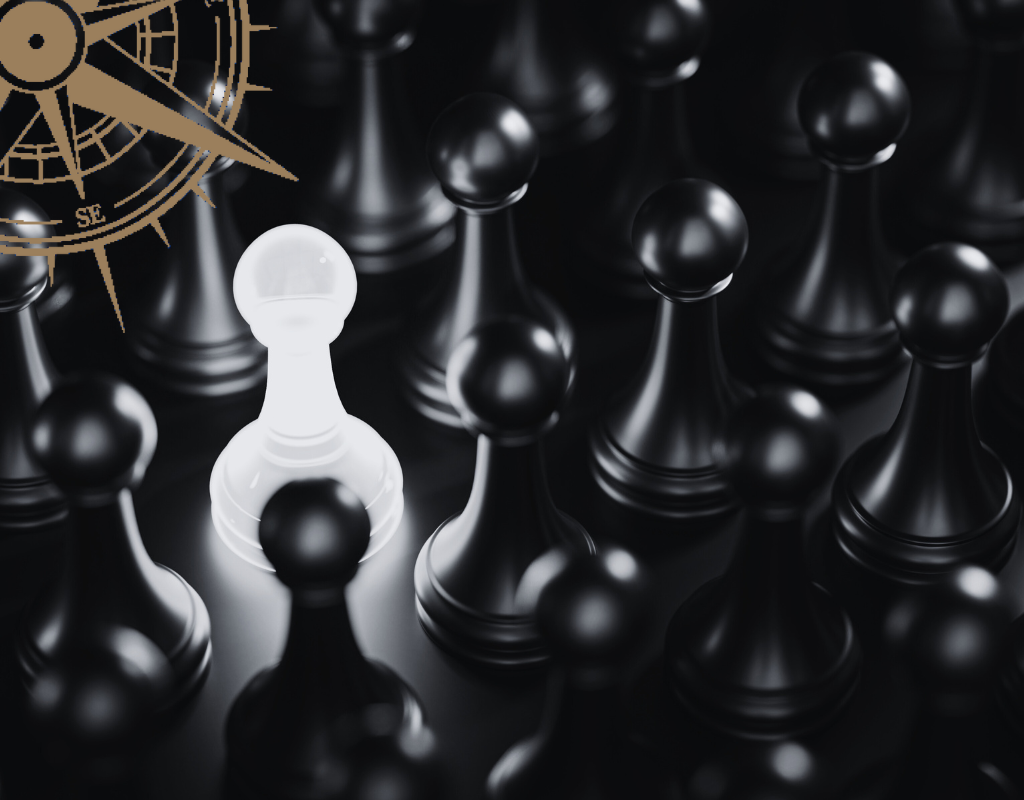Embrace This Edge And You’ll Go Far
|
With 15 years of working with leaders and business owners, the one common statement I hear from all of them is this… I have known since I was young that I am different. The feeling of being different, of not quite fitting in with those around them. Whether it was a feeling inside, a knowing they had a different or unique perspective on the world, there was an early experience of feeling out of place. This was the seed of their future impact and influence. These future leaders often found themselves standing apart from their peers. I used to wear a jumper in the middle of summer in Melbourne. I stopped drinking at 18 when everyone else started drinking. I wanted to go against the crowd. One client who’s a mover and shaker in their industry was the kid who asked too many questions in class, challenging the teacher with ideas that went beyond what was being taught. For many, and maybe this is for you too, there is this sense of difference that wasn’t always comfortable. Being different can be isolating, especially during childhood and teen years when the pressure to conform is strong. We want to fit in, to be like everyone else, to avoid standing out in a way that might attract unwanted attention or even judgment. But for those who felt this feeling of being different would later go on to achieve something great, this feeling of not quite fitting in was a sign of something deeper—a unique perspective or a different way of thinking that, if nurtured, would become a powerful superpower. Let’s face it, feeling different can be both a burden and a blessing. On one hand, it can lead to feelings of loneliness, self-doubt, and a desire to hide one’s true self in order to fit in. On the other hand, this very difference is often the source of one’s greatest strengths. The discomfort of not fitting in forces individuals to develop a strong sense of identity. And during your teen years, that is what you are doing, forming your identity, your individuality. Embrace your uniqueness rather than trying to suppress it because you are to tap into your potential. For instance, let’s go into the minds of someone else (and see if some of their thinking will stick – or at the very least, we can model and scaffold the greatest for ourselves). Consider the story of Steve Jobs. As a child, Jobs was known for being a bit of a misfit. He was interested about technology and design, but he wasn’t always the easiest person to get along with. He had a different way of thinking and conflicting with others. But instead of trying to fit in, Jobs leaned into his difference. He embraced his unconventional ideas and used them to create products that were not just functional but beautiful and user-friendly. His ability to think differently—his refusal to accept the status quo—was a key factor in his success as the co-founder of Apple. Similarly, Oprah Winfrey’s early life was marked by challenges and a sense of being different. Growing up in poverty, experiencing abuse, and struggling with self-esteem issues, Winfrey could have easily been overwhelmed by her circumstances. But instead of letting these experiences define her in a negative way, she used them as fuel for her future success. She has the ability to connect with people on a deep level and that was what she shared with the world. Being different is not a weakness to be hidden but a strength to be cultivated. The very traits that set these leaders apart from others in their youth became the source of their greatness in adulthood. The leaders who have made the greatest impact on the world are those who were not afraid to be different. They were the ones who, as children, felt like they didn’t quite fit in but who later realised that this very difference is your secret edge. Let your differences help you reach your potential. With love, Tanya x Leadership Coach & Master Certified Demartini Method Facilitator BAppSoSc (Counselling) |









